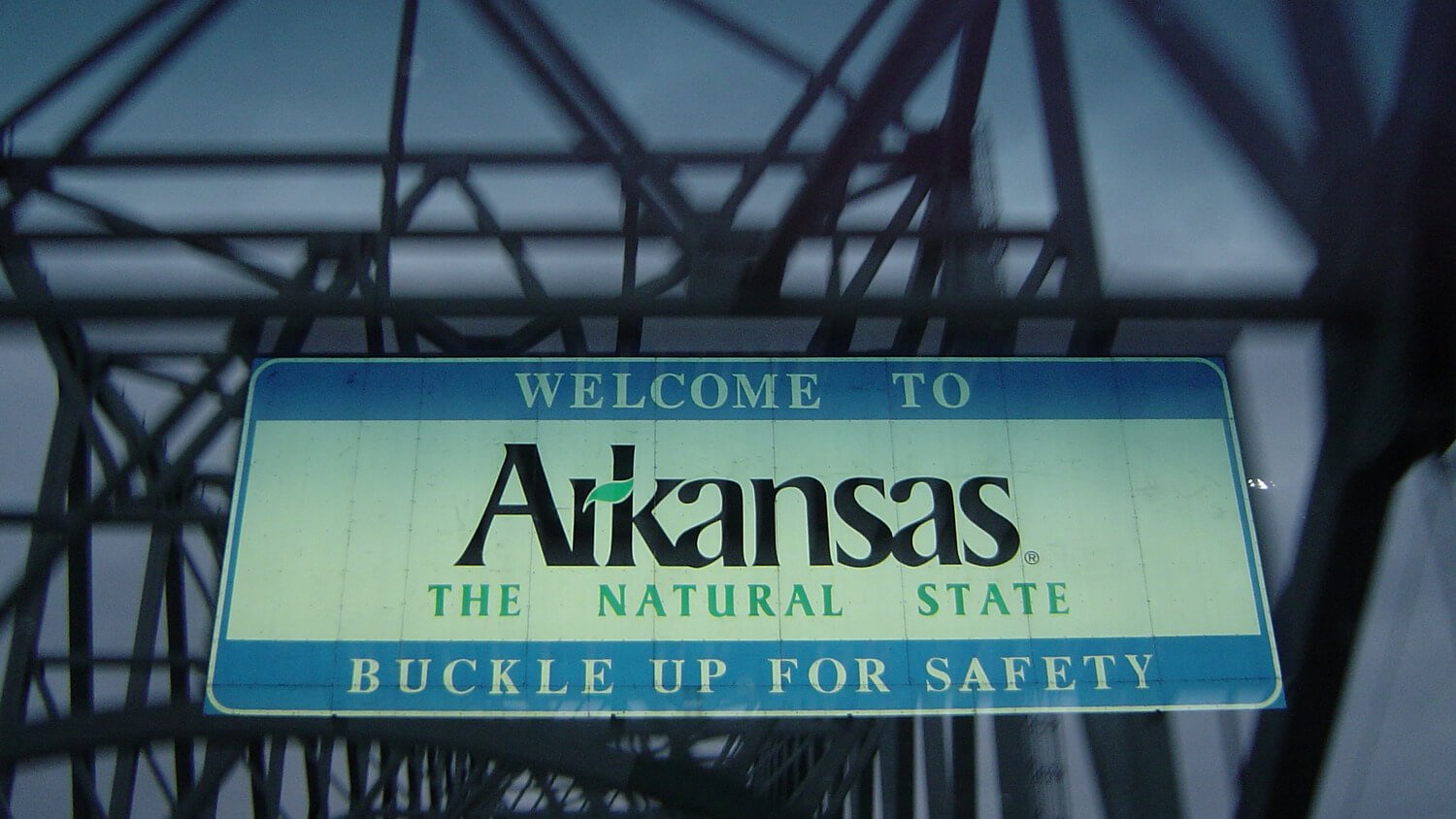In the US, mining companies have been made equal to data centres. What does this mean and what will it lead to?
A new bill aimed at regulating cryptocurrency mining in the state of Arkansas has been approved by the House and Senate. Accordingly, the document now awaits Governor Sarah Huckabee Sanders’ signature. Overall, the Arkansas Data Center Act of 2023 is supposed to set rules for Bitcoin miners, as well as protect them from discriminatory regulations and taxes. The document aims to ensure that mining companies will have the same rights as data centres. We tell you more about what’s going on.

We note that the cryptocurrency mining industry continues to be under constant pressure. In particular, the day before, Bitcoin mining was criticized by the Environmental Working Group (EWG), which released a report on the matter. According to them, BTC mining industry not only pollutes the environment, but also interferes with normal life of common people. Read more about the topic in a separate article.
Cryptocurrency miner
At the same time, the niche of coin mining itself continues to evolve. In particular, the popular cryptocurrency Kaspa was added to the 2Miners mining pool the day before. Although the pool has been operating for less than a week, almost a thousand people are already mining Kaspa. To join them, at least with one video card, you can follow this link.
Popular cryptocurrencies at 2Miners mining pool
Fortunately, in some regions, the niche of coin mining is getting protection at the legislative level.
What’s going on with cryptocurrency mining
The bill was proposed on 30 March 2023 by Senators Rick McClure and Joshua Bryant. The initiative quickly gained support from politicians within the state. In a nutshell, the bill recognises the economic value of data centres. This type of business “creates jobs, pays taxes and provides overall economic value to local communities,” analysts note.
Accordingly, if mining companies are equated with data centres, the state would have more economic prospects. Here’s a quote from a paper on the subject.
Data centres, digital currency and blockchain technology are legal in all fifty states. And guidance for the future growth of this industry is needed in Arkansas to protect Arkansans from fraud.
Bitcoin mining equipment
According to Decrypt’s sources, once the bill passes, miners will have to pay the same taxes and fees that data centres now pay. In addition, they must conduct their operations in a way that does not overburden the local energy infrastructure. The latter is especially relevant with the ever-increasing energy consumption of the mining companies.
???? YOU CAN FIND MORE INTERESTING THINGS ON OUR YANDEX.ZEN!
On the plus side, state politicians will not be able to impose unique fines or other sanctions on miners. That is, any such measures would have to be justified by data centre regulations. According to Satoshi Act Foundation CEO and co-founder Dennis Porter, this is a small victory for the entire crypto industry. Here’s a pertinent rejoinder from the expert.
The state of Arkansas has brought us an unexpected victory and has become the first in the country to pass a cryptocurrency ‘right to mine’ bill in both the House and Senate.
The proposed bill also defines some of the terms associated with mining digital assets. For example, a “digital asset mining business” refers to an aggregate of computers located at a single site that consumes an average of more than one megawatt of electricity per year and creates digital assets using cryptography in a blockchain-based network.
Bitcoin’s hash rate and price
The bill also aims to protect those mining cryptocurrency in their homes. Here’s the quote.
An individual may use a noda in this state for home mining of digital assets at the individual’s place of residence in accordance with applicable rules and utility rates.
The bill defines a “node” as a computing device on which a copy of a blockchain is stored. This is generally a correct definition, but it is unlikely that anyone will be mining bitcoins at home anymore. Still, due to high complexity, this process will not bring any income for a small number of ASIC miners, and they will be uncomfortable in terms of temperature and noise.
ASIC miner for Bitcoin mining
Legislation can vary greatly from state to state in the United States in some respects, and the field of mining is no exception. While Kansas gives it more freedom, Texas wants to reduce the number of incentives to run such a business through Bill 1751.
The document was unanimously approved in a state Senate committee vote last week, but certain groups opposing the bill are still hoping the initiative won’t pass another round of votes. Politicians here are working against the miners, arguing that they want to reduce pressure on the local power grid.
We believe that such improvements to the legal framework will benefit the mining niche. Most importantly, it will encourage an influx of computing equipment owners, who will be assured of adequate conditions for their own activity if they play by the rules. In addition, such an approach is in marked contrast to what US regulators are doing, which continues to create problems for blockchain companies, thereby discouraging amateurs in the sector.















